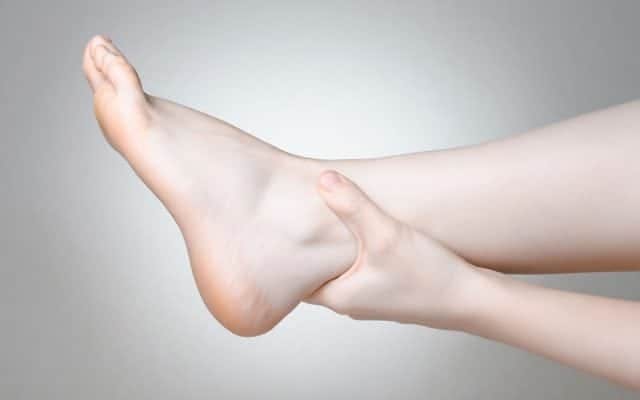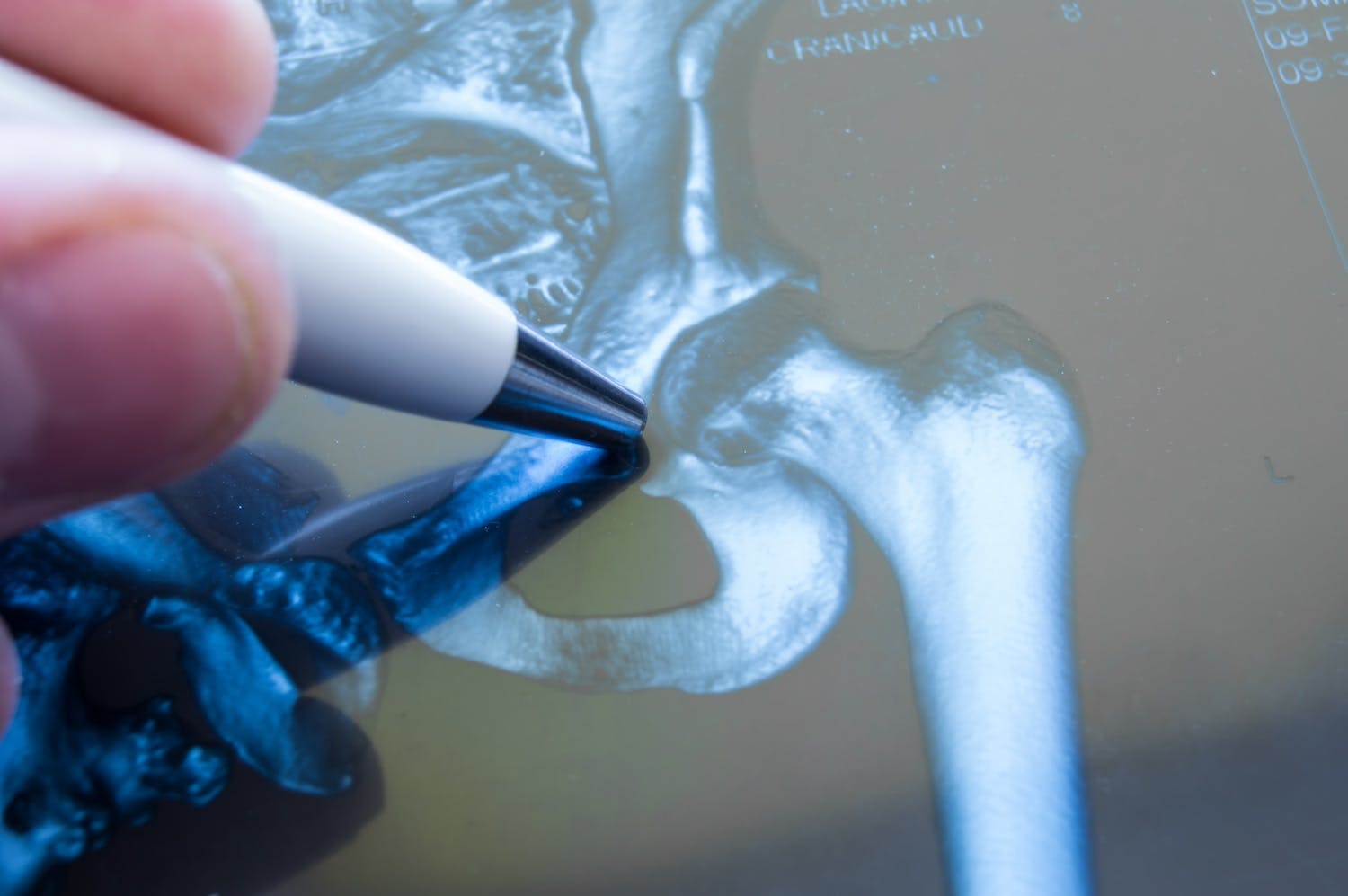- Blog
Ankle Arthritis Symptoms
Posted on 01-16-2026 in Achilles Tendinitis, Ankle Arthritis & Arthritis by Dr. Erik Nilssen

Posted on 01-16-2026 in Achilles Tendinitis, Ankle Arthritis & Arthritis by Dr. Erik Nilssen
While stiffness and pain may increase with age, this can also be a classic sign of osteoarthritis. Swelling, pain, and deformity can keep you from normal daily activities if left untreated. Here is more information to help you identify symptoms and understand how it can affect your foot and ankle.
ANKLE ARTHRITIS
There are numerous forms of arthritis (more than 100), many of which affect the ankle. No matter which type of ankle arthritis an individual has, walking and participating in physical activities can be challenging. At North Florida Bone & Joint Specialists, we frequently treat individuals in Pensacola and Gulf Breeze Fla., who have ankle arthritis.
ARTHRITIS – DEFINED
Arthritis refers to inflammation in one or more joints. Arthritis can occur in any joint, but it is especially common in the small joints located in the foot and the ankle. Unfortunately, arthritis cannot be cured; however, it can be managed. There are a variety of treatment options available at North Florida Bone & Joint Specialists that are specifically designed to relieve the symptoms associated with this condition as well as slow its progression. Many individuals who have arthritis find that they can remain active by managing their pain, which allows them to lead the fulfilling lives they deserve.
OSTEOARTHRITIS FREQUENTLY AFFECTS THE ANKLE AND FOOT
Osteoarthritis is a degenerative disease and commonly occurs once an individual reaches middle age. Osteoarthritis involves the joint cartilage gradually wearing away. As this occurs, the joint becomes rough and frayed. As the protective space between the bones decreases, the bones begin rubbing against one another. This rubbing can cause painful bone spurs to form. Osteoarthritis gradually develops, resulting in stiffness and pain that becomes worse as time passes.
SYMPTOMS OF ARTHRITIS
Symptoms are directly linked to the joint that is affected. In the majority of cases, the joint will be swollen and painful. Usually, this pain develops gradually; however, there have been instances where the pain comes on suddenly.
Other symptoms of arthritis include:
SYMPTOMS OF ACHILLES TENDONITIS
Individuals who have ankle arthritis also experience Achilles tendonitis more frequently than those who do not. Therefore, when outlining the symptoms of ankle arthritis, the symptoms associated with Achilles tendonitis must also be addressed.
The symptoms of Achilles tendonitis include:
The most prominent symptom of Achilles tendonitis is inflammation and pain in the back side of the heel, especially upon running or walking.

Ischiofemoral Impingement (IFI) is a lesser-known but often painful condition affecting the hip joint. This condition arises when the ischium (a bone in the pelvis) and the femur (the thigh bone) come into abnormal contact, which compresses soft tissues surrounding the hip. While the discomfort typically manifests in the buttocks or groin, particularly when moving the hip or walking, it can also present as low back pain, making it challenging to diagnose early. Additional symptoms and causes include discomfort during prolonged sitting, reduced range of motion, stiffness and/or tightness in the hip area.

May is Arthritis Awareness Month, an opportunity to increase public understanding of arthritis and its impact on millions of lives. Established by the Arthritis Foundation, this national observance highlights the importance of early diagnosis, effective treatment, and ongoing research to improve the quality of life for those with arthritis.

With summer in full swing and children taking advantage of more time to participate in sports-related or other outdoor activities, it’s essential to be mindful of injury prevention while encouraging their interest in activities that don’t involve screen time!